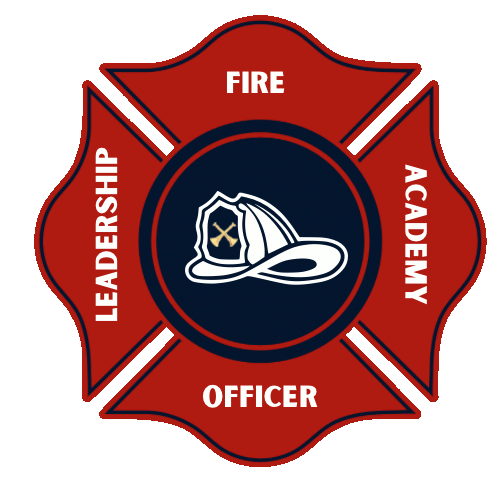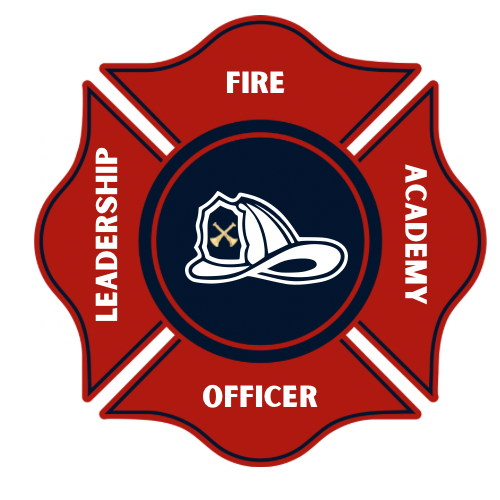The title of last week’s blog was Are You Listening? Listening is an active skill, and the process goes far beyond staring at the other person when they are speaking.
In his book, Situational Awareness for Emergency Response, Dr. Richard B. Gasaway writes, “The act of listening requires a substantial amount of cognitive horsepower.” He also stated, “It takes quite a bit of attentional energy to be an active listener.”1
Energy and horsepower
Not only is listening a skill, but it also requires discipline, and remaining disciplined can be a drain on our energy. Listening becomes more of a power drain when:
- We are hungry, fatigued, stressed, or not interested in the topic of discussion.
- We are dealing with someone who constantly complains, someone we do not like, or someone we do not respect.
- We are trying to manage multiple sources of communication at one time such as more than one person vying for our attention, an engine company captain calling on the radio, and the cell phone ringing.
Paying attention to the other person
Firehouse life is chaotic, and conversations are interrupted when you listen if the alert tones are for your company, when the station telephone is ringing, or a visitor is at the front door.
Setting the above circumstances aside, are you paying attention to the other person in the conversation? Fire officers expect subordinates to listen to every word they say, but what prevents the officer from listening to every word the subordinate says? Is it one of the items in the bullet list above or something else?
The ability to connect with another person requires us to engage in active listening. Active listening shows respect, it gains traction with people, and you will receive respect. Active listening also means you are not off in LaLa Land formulating your rebuttal or answer to what the other person is saying.
The next time you speak to someone, commit to active listening.
1Richard B. Gasaway, Situational Awareness for First Responders (Tulsa, OK: Penn Well Corporation, 2013), 275

